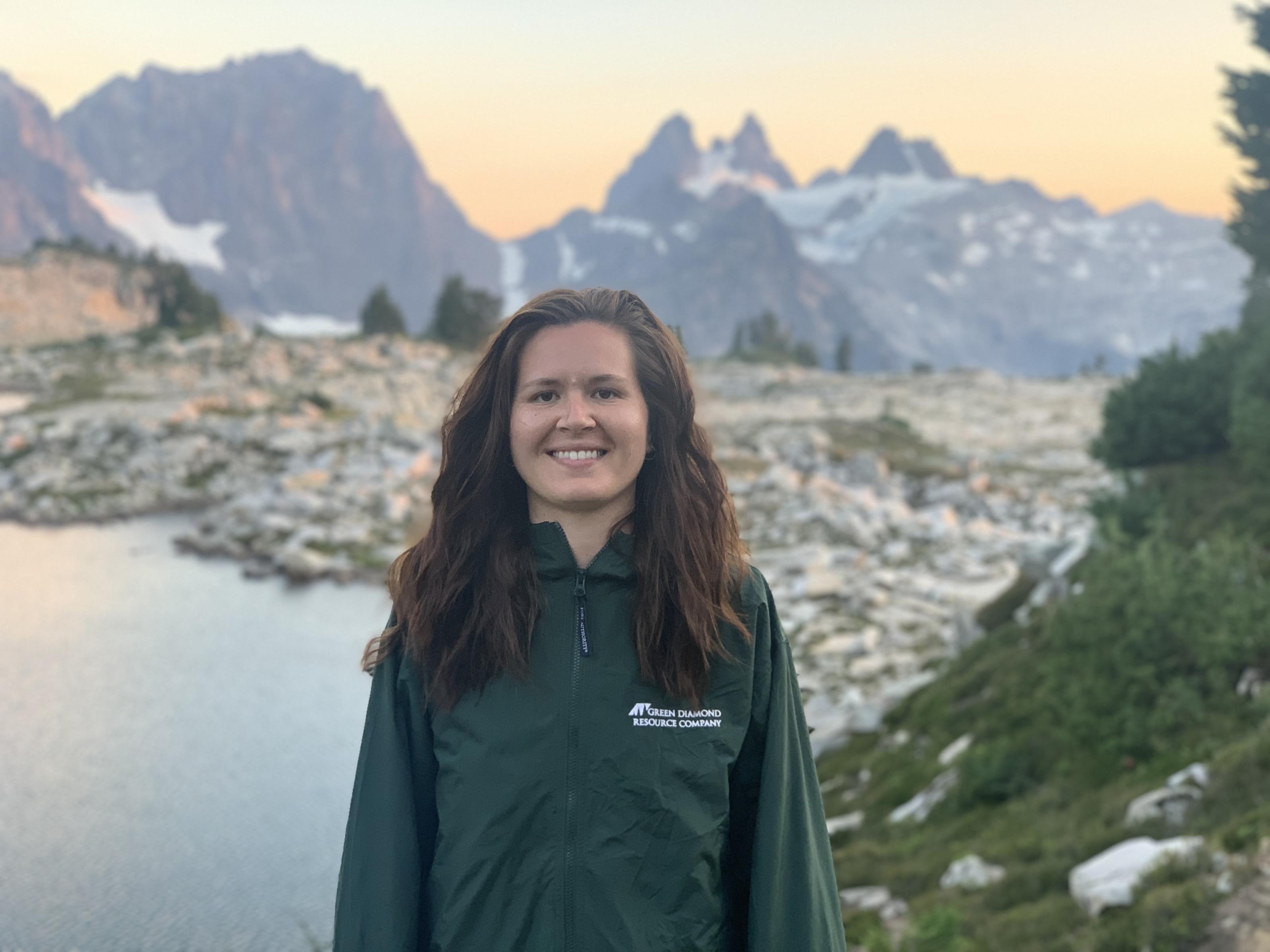Miah Godek
As a Public Scholar at UBC, I have the opportunity to reimagine collaborative research and to center my project around community needs through the co-creation of research objectives with the communities that I will be working with. To me, being a Public Scholar is a way to serve communities and prioritize research that will create the most impact.
Research description
Wildfires are increasing in severity and frequency in British Columbia, in part due to climate change and worsened by a century of fire suppression practices. This has led to fire return intervals that differ from historic norms. Prescribed fire and Indigenous cultural burning are both land management practices that use low-intensity controlled fires and decrease the risk of larger wildfires. Cultural burning has been an important part of First Nations’ culture in BC since time immemorial, and more recently, prescribed fire has increasingly been used by provincial forest managers. However, in practice there are many institutional barriers that communities face to implementing controlled fire as a forest management practice. In addition to decreasing fire risk, Indigenous cultural burning is important for cultural revitalization, intergenerational knowledge sharing, and decolonization of forest management in BC. The goal of this research is to facilitate collaboration between forest managers and Indigenous communities for the co-creation of knowledge and strategies to promote community-driven forest management practices that improve wildfire resilience. The specific research objectives and desired outputs will be determined by the community through gatherings for discussions, and potential qualitative methodologies that may be used in the co-creation of knowledge include walking interviews and participatory mapping. These methods will center community engagement and amplify community voices and needs to promote equitable forest management policies in a time of environmental and climate crises.
What does being a Public Scholar mean?
As a Public Scholar at UBC, I have the opportunity to reimagine collaborative research and to center my project around community needs through the co-creation of research objectives with the communities that I will be working with. To me, being a Public Scholar is a way to serve communities and prioritize research that will create the most impact.
In what ways do you think the PhD experience can be re-imagined with this Initiative?
The PSI network creates amazing opportunities to connect across disciplines and share ideas, methodologies, and awareness of different ways that ethical research can be performed, centering around community well-being and values.
How do you envision connecting your PhD work with broader career possibilities?
In the future I hope to continue to conduct research that empowers community-based forest management, especially with Indigenous communities, and this is an amazing opportunity for me to gain hands-on experience working with communities to gain a better understanding of the challenges that need to be overcome for equitable forest management to take place.
How does your research engage with the larger community and social partners?
My research engages directly with community members to co-create research objectives, methods, and desired outputs. The research findings will be shared with the community through co-created media, such as artworks and videos, improving accessibility and bridging the gap between art and science.
Why did you decide to pursue a graduate degree?
I decided to pursue a graduate degree to follow my passion in forest ecology and to pursue a career path where I can work towards meaningful change at the intersection of ecology and society.
Why did you choose to come to British Columbia and study at UBC?
The Faculty of Forestry at UBC is full of students, faculty, and staff with diverse perspectives and backgrounds that have and will provide me with great opportunities for interdisciplinary research.






